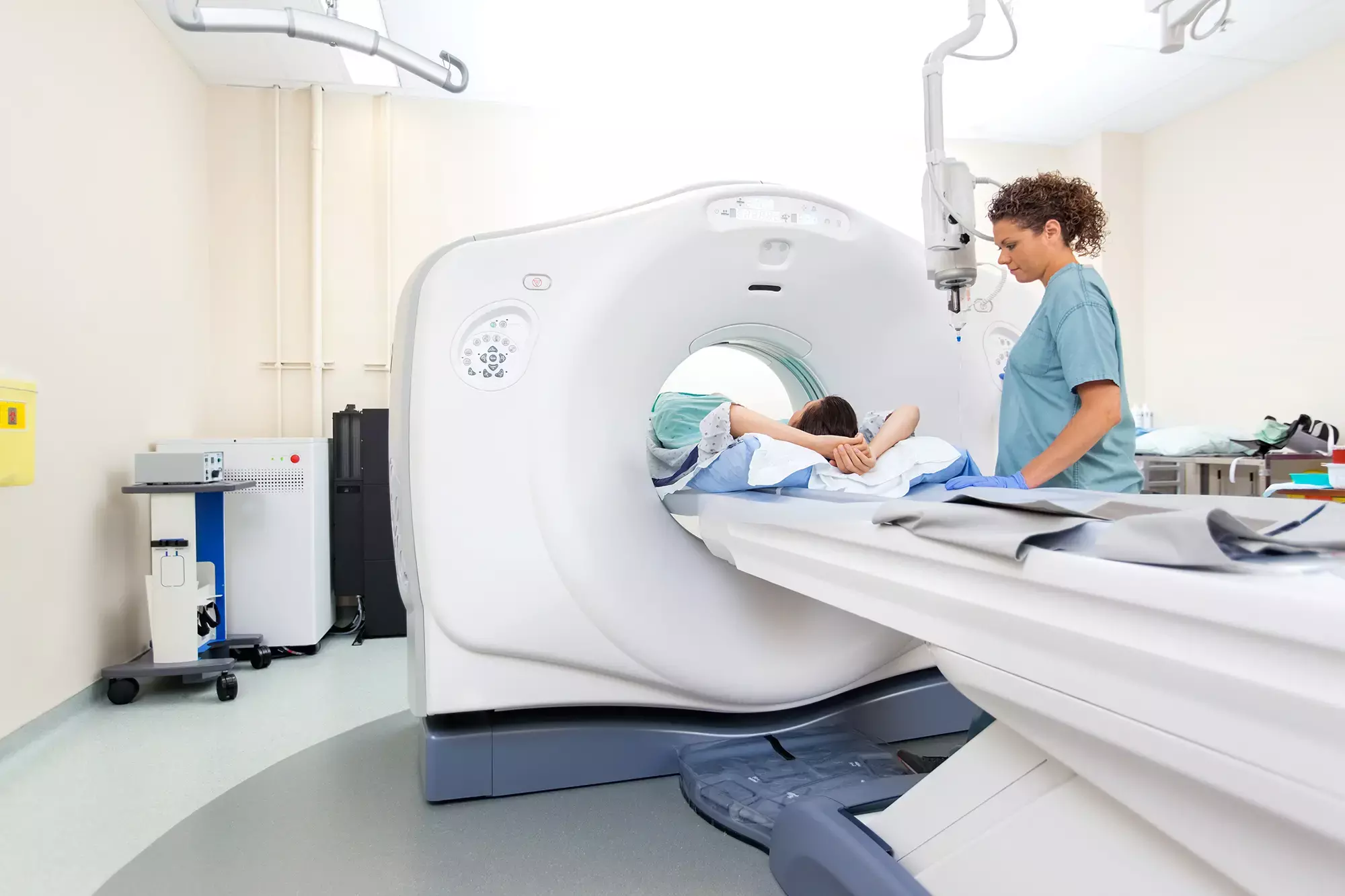- Home
- Medical news & Guidelines
- Anesthesiology
- Cardiology and CTVS
- Critical Care
- Dentistry
- Dermatology
- Diabetes and Endocrinology
- ENT
- Gastroenterology
- Medicine
- Nephrology
- Neurology
- Obstretics-Gynaecology
- Oncology
- Ophthalmology
- Orthopaedics
- Pediatrics-Neonatology
- Psychiatry
- Pulmonology
- Radiology
- Surgery
- Urology
- Laboratory Medicine
- Diet
- Nursing
- Paramedical
- Physiotherapy
- Health news
- Fact Check
- Bone Health Fact Check
- Brain Health Fact Check
- Cancer Related Fact Check
- Child Care Fact Check
- Dental and oral health fact check
- Diabetes and metabolic health fact check
- Diet and Nutrition Fact Check
- Eye and ENT Care Fact Check
- Fitness fact check
- Gut health fact check
- Heart health fact check
- Kidney health fact check
- Medical education fact check
- Men's health fact check
- Respiratory fact check
- Skin and hair care fact check
- Vaccine and Immunization fact check
- Women's health fact check
- AYUSH
- State News
- Andaman and Nicobar Islands
- Andhra Pradesh
- Arunachal Pradesh
- Assam
- Bihar
- Chandigarh
- Chattisgarh
- Dadra and Nagar Haveli
- Daman and Diu
- Delhi
- Goa
- Gujarat
- Haryana
- Himachal Pradesh
- Jammu & Kashmir
- Jharkhand
- Karnataka
- Kerala
- Ladakh
- Lakshadweep
- Madhya Pradesh
- Maharashtra
- Manipur
- Meghalaya
- Mizoram
- Nagaland
- Odisha
- Puducherry
- Punjab
- Rajasthan
- Sikkim
- Tamil Nadu
- Telangana
- Tripura
- Uttar Pradesh
- Uttrakhand
- West Bengal
- Medical Education
- Industry
Integrated Machine Learning and CT Angiography Helps Predict MACE: Study

Coronary artery disease (CAD) is a leading cause of morbidity and mortality in the developed world. Previous studies have shown that coronary CT angiography (cCTA)-based risk scores can help predict whether patients are vulnerable to unstable angina -- and therefore heart attack -- or even cardiac death. In a study presented at the American Roentgen Ray Society (ARRS) meeting, researchers have reported that integrated use of machine learning with coronary CT angiography improves the prediction of major adverse cardiac events (MACE).
Recent developments of CT scanners have improved accuracy especially regarding the visualization of the coronary arteries. A better spatial and temporal resolution makes it possible to scan the heart and the coronary arteries free of motion and to detect vascular plaques and stenoses.
"Machine learning-based cCTA-derived plaque quantification and characterization may have utility in risk-stratifying the vulnerability of coronary lesions for the prediction of future major adverse cardiac events," the researchers wrote.
Verena Brandt and her team conducted a study to evaluate the prognostic value of coronary CT angiography (cCTA)-derived plaque information and clinical parameter on the adverse cardiac outcome using machine learning (ML).
In this retrospective study, researchers analyzed datasets of 361 patients (61.9±10.3 years,65% male) with suspected coronary artery disease (CAD) who underwent cCTA. They recorded MACE more than 90 days after cCTA. They used a machine-learning algorithm trained on cCTA-derived plaque measures, conventional CT risk scores, and cardiovascular risk factors to predict adverse outcomes, measuring its performance using the area under the receiver operating characteristic curve (AUC).
Key findings of the study were:
- Among 361 patients, the researchers observed MACE in 31 patients (8.6%) after a median follow-up of 5.4 years.
- Upon analysis, they found that the ML model showed higher predictive power (AUC 0.96) than conventional CT risk scores including, the Agatston calcium score (AUC 0.84 ), segment involvement score (AUC 0.88), and segment stenosis score (AUC 0.89).
- They found similar results for plaque measures (AUCs 0.72-0.82) and clinical parameters including, the Framingham risk score (AUCs 0.71-0.76).
- They noted that the ML model yielded significantly higher diagnostic performance when compared to logistic regression analysis (AUC 0.96vs.0.92).
The authors concluded, "Integration of a ML model improves the prediction of MACE when compared to conventional CT risk scores, plaque measures and clinical information. ML algorithms may improve the integration of patient's information to improve risk stratification. ML-based cCTA-derived plaque quantification and characterization may have utility in risk-stratifying the vulnerability of coronary lesions for the prediction of future major adverse cardiac events".
For further information:
https://apps.arrs.org/AbstractsAMopen/Main/Abstract/2432
Medical Dialogues Bureau consists of a team of passionate medical/scientific writers, led by doctors and healthcare researchers. Our team efforts to bring you updated and timely news about the important happenings of the medical and healthcare sector. Our editorial team can be reached at editorial@medicaldialogues.in.
Dr Kamal Kant Kohli-MBBS, DTCD- a chest specialist with more than 30 years of practice and a flair for writing clinical articles, Dr Kamal Kant Kohli joined Medical Dialogues as a Chief Editor of Medical News. Besides writing articles, as an editor, he proofreads and verifies all the medical content published on Medical Dialogues including those coming from journals, studies,medical conferences,guidelines etc. Email: drkohli@medicaldialogues.in. Contact no. 011-43720751


